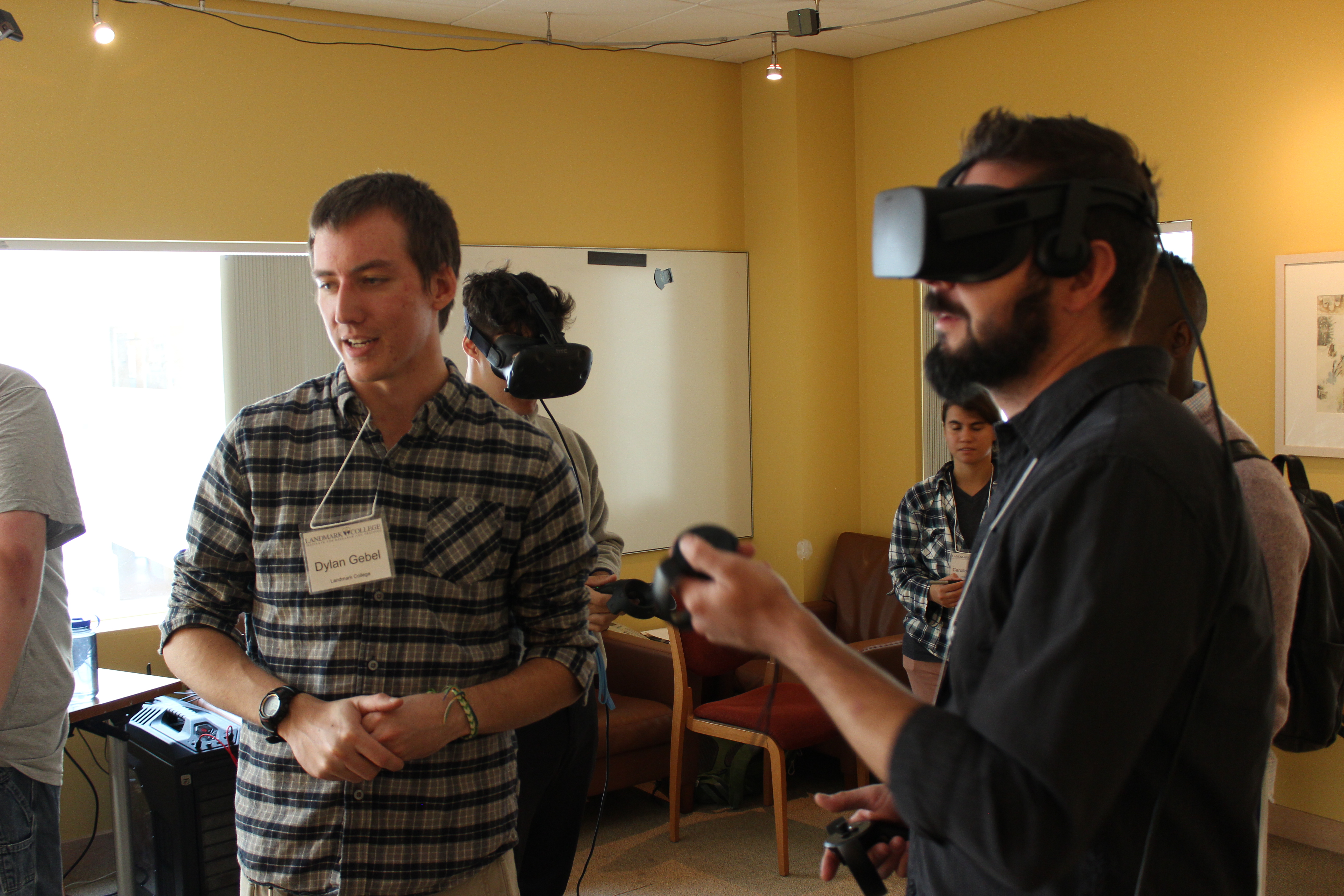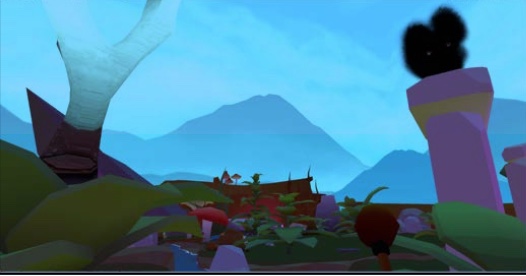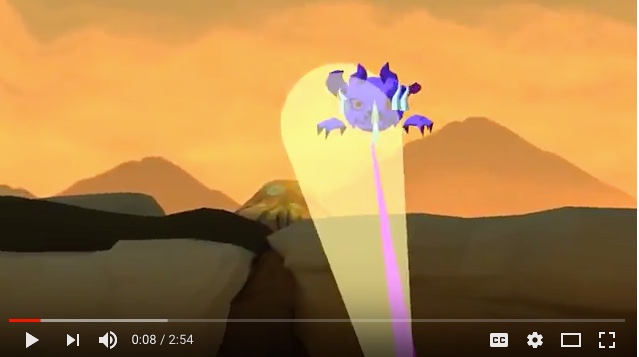Passage to Hunza: A VR Educational Statistics Game For and By Neurodiverse Learners
By Ibrahim Dahlstrom-Hakki, Ph.D.
Director of LCIRT
Statistical and data literacy is a critical part of many of today’s careers and of modern global citizenship. Statistics are prevalent in the world around us and yet research shows that most adults tend to form incorrect interpretations of statistical data. It’s therefore not surprising that many students with disabilities struggle to develop fluency in interpreting statistical data. Based on some prior research done by the Landmark College Institute for Research and Training, we worked with a team of neurodiverse students to develop a virutal reality (VR) statistics game and are now getting ready to gather data comparing student learning in the game with a more traditional approach.

Many students struggle with language and attention-based difficulties when learning many topic areas including statistics. To address concerns both in terms of concept delivery and concept assessment, our team explored the use of VR to provide students with a fully immersive experiential learning environment where demands on language processing and executive function skills were minimized. We assembled a development team composed entirely of Landmark College students with expertise in computer science and digital art. Given the technical expertise of the students and insight into their own personal experiences, this project provided an opportunity to create a product for and by students with disabilities while at the same time provide the students with valuable training in product development, research, and teamwork.
The team now has a fully functional beta version of the game and plan to start collecting data with students at Landmark College to further refine both the mechanics and learning elements of the game in an iterative development process. Educational games, particularly immersive VR games, present a significant potential for leveling the playing field for student populations that face language and attention based barriers in traditional learning environments. By combining the efforts of talented developers with disabilities possessing unique insights in the challenges faced, and a data-driven design process aimed at optimizing game experiences for those learners, we can develop educational games that work well for a much broader range of learners.
Watch a video to learn more about the Passage to Hunza project

